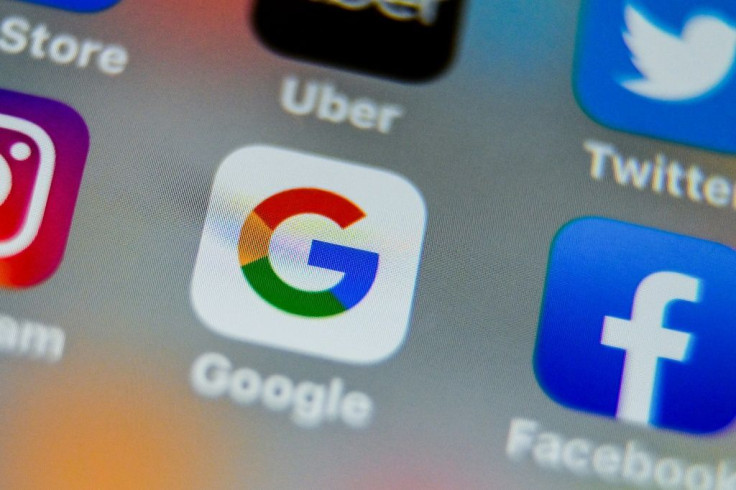Online Platforms' Relationship With News Media: It's Complicated

Major online platforms have a complicated relationship with news organizations: the two sides are both friends and enemies, depending on the viewpoint.
Big internet firms such as Google and Facebook can help news organizations by driving traffic to news sites, but many media groups complain they miss out on the bulk of digital ad revenues, making it harder to support journalism.
Some tech firms have begun efforts to support professional journalism as they strive to weed out viral hoaxes and misinformation.
Here is a glance at what some big internet firms are doing.
Facebook News
Facebook's news "tab" unveiled Friday for the US market will pay a portion of the 200 partner media groups, with some reportedly getting millions of dollars.
The News tab will be edited in part by seasoned journalists, but algorithms will also be used to "personalize" the section dedicated to professional news.
Facebook earlier this year said it would spend some $300 million to support journalism, particularly local news organizations.
It has also funded fact-checking projects around the world, including one in partnership with AFP.
Facebook said separately Friday it would not pay French media groups to display photos or video and text excerpts alongside links to articles shared by its users
This follows a similar move by Google last month which critics say defies an EU copyright directive.
Google News
Google scours the internet for news as well as other information, compiling stories at a News site that provides links to publishers along with snapshots of what they hold.
The leading search engine does not pay for news content, saying that it drives a lot of traffic to publishers who can make money from those readers.
But as part of the "Google News Initiative" unveiled last year, the tech giant committed $300 million to help news publishers get more paid subscribers while stemming the flow of misinformation.
This did not involve direct payments from Google but better support in helping drive subscriptions with fewer clicks.
The initiative was developed with some 60 media partners including the Washington Post, Financial Times, French-based Le Figaro, Brazil's Grupo Globo and Italy's La Republica.
But Google remains locked in a battle with European publishers seeking payment for display of their content in search results.
Google says articles, pictures and videos will be shown in search results only if media firms consent to let the tech giant use them for free.
Apple News
Apple offers a free news service featuring stories selected by editors, which also seeks to help drive paid subscriptions.
The iPhone maker also offers an Apple News+ premium service available for $10 monthly adds access to hundreds of magazines and newspapers.
While Apple News has driven traffic to publishers, some have expressed disappointment when it comes to generating revenue, particularly when it comes to ads.
Apple has reportedly made deals with publishers to split revenue generated by subscriptions to its news service.
Yahoo News
Pioneering internet firm Yahoo, now owned by Verizon, has long aggregated stories from around the internet and delivered them at its popular news site.
Yahoo makes deals to pay outlets such as AFP for content.
© Copyright AFP 2024. All rights reserved.





















